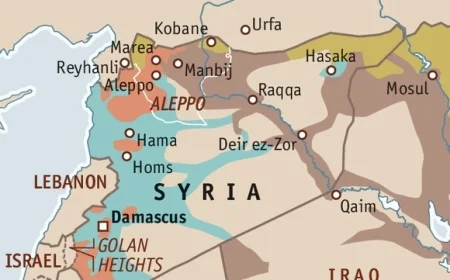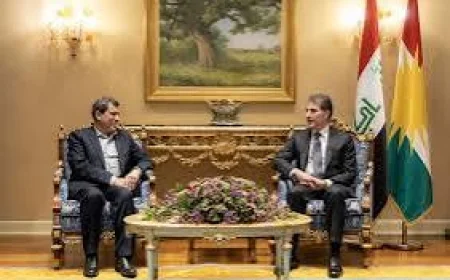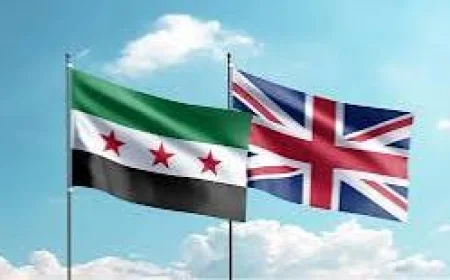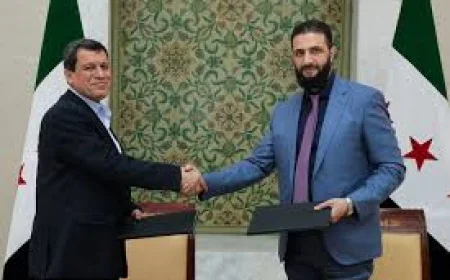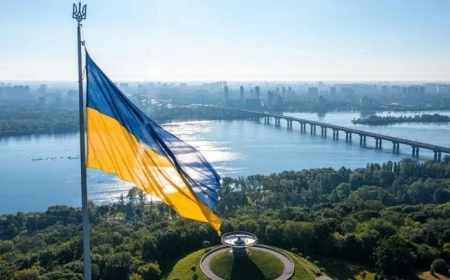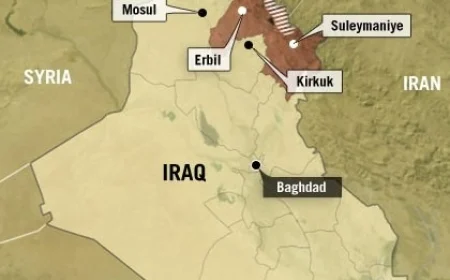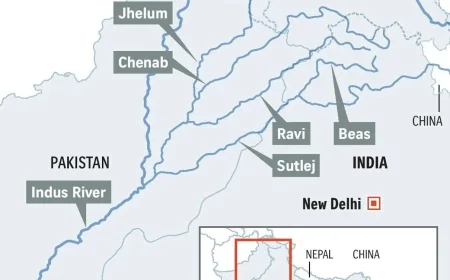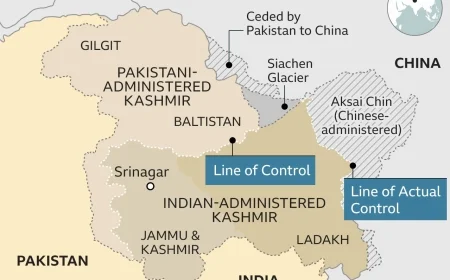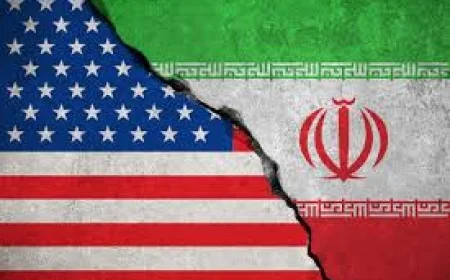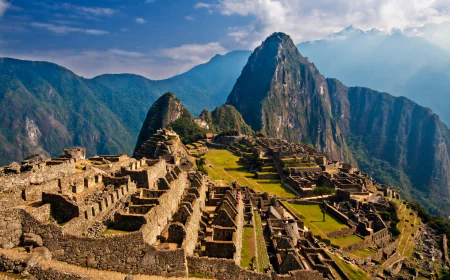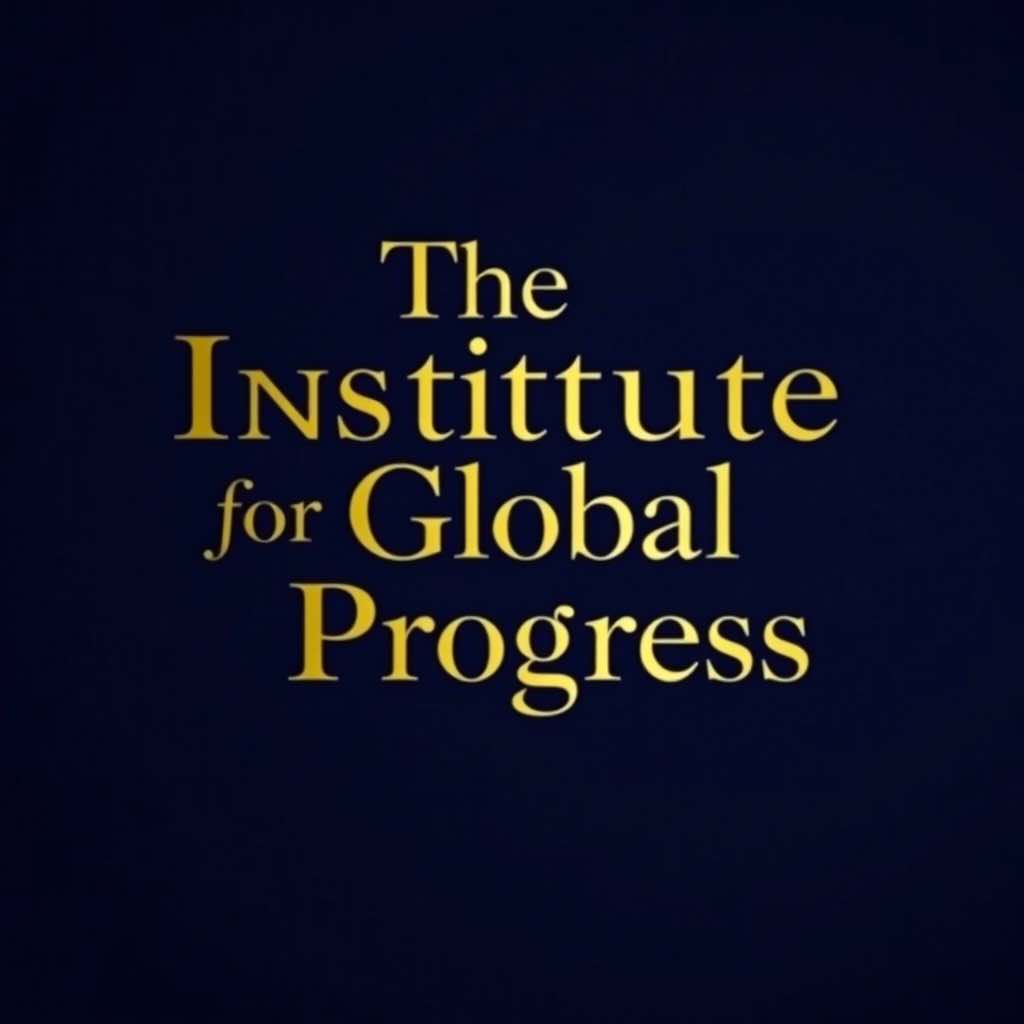This analysis examines Turkey’s historical resistance to Kurdish self-governance along its borders and evaluates the prospects for a sustainable political settlement in northern Syria. Drawing comparative insights from the Kurdish Regional Government (KRG) in Iraq, this report outlines strategic pathways to reconcile Turkish security concerns with legitimate Kurdish aspirations for self-determination in Syria. Balanced and sustainable solutions will require nuanced diplomacy, recognition of mutual security interests, and a framework that preserves Syria’s territorial integrity whilst accommodating Kurdish identity and governance rights.
Introduction
The Syrian civil war has dramatically reshaped the political landscape of northern Syria, where Kurdish forces established de facto autonomy amidst the conflict. This development has been viewed with significant alarm by Turkey, which perceives any form of Kurdish self-governance near its borders as an existential security threat linked to its decades-long conflict with the Kurdistan Workers’ Party (PKK). The tensions between Turkish security imperatives and Kurdish aspirations for self-determination present a formidable challenge to regional stability and underscore the complex interplay of identity politics, security concerns, and geopolitical interests in the Middle East.
Historical Context: Kurdish Aspirations and Turkish Security Concerns
The Kurds, numbering approximately 30-40 million people across Turkey, Syria, Iraq, and Iran, represent one of the world’s largest stateless nations. Their quest for greater political rights and autonomy has been a persistent feature of Middle Eastern politics for over a century. In Syria, Kurdish communities historically faced discrimination and marginalisation under the previous Assad regime, including denial of citizenship rights and cultural expression. The political transition in Syria has created both opportunities and uncertainties for Kurdish communities seeking recognition and rights.
Turkey’s opposition to Kurdish autonomy stems from its protracted conflict with the PKK, which began in 1984 and has resulted in over 40,000 casualties. Ankara classifies the PKK as a terrorist organisation—a designation shared by the United States, the European Union, and many other countries. Turkey views the Democratic Union Party (PYD) and its armed wing, the People’s Protection Units (YPG), which govern Kurdish-controlled areas in Syria, as extensions of the PKK, despite their assertions of organisational distinction.
The Iraq Model: Lessons and Limitations
The Kurdistan Regional Government (KRG) in Iraq offers instructive parallels for understanding the prospects and challenges of Kurdish autonomy in Syria. Established following the 1991 Gulf War and formally recognised in Iraq’s 2005 constitution, the KRG enjoys substantial self-governance, including its own parliament, security forces, and diplomatic representation.
Initially, Turkey viewed the KRG with suspicion. However, pragmatic considerations gradually led to a more constructive relationship characterised by substantial trade, energy cooperation, and security coordination. The KRG has positioned itself as a buffer against more radical Kurdish elements and demonstrated that Kurdish autonomy need not threaten neighbouring states’ territorial integrity.
Nevertheless, the Iraq model reveals significant limitations:
1. Economic dependence: The KRG remains financially dependent on Baghdad for budget allocations, creating leverage that can be weaponised during political disputes.
2. Internal divisions: Political fragmentation within Kurdish leadership has weakened the KRG’s bargaining position and effectiveness.
3. Regional intervention: The KRG has become entangled in regional power struggles, with Turkey, Iran, and other actors competing for influence.
4. Unresolved sovereignty questions: Disputes over territory, resource distribution, and constitutional authority persist between the KRG and the central government.
Current Dynamics in Northern Syria
The situation in northern Syria differs significantly from Iraq in several respects:
1. War context: Kurdish autonomy emerged amidst civil war rather than through constitutional processes, creating questions about legitimacy and permanence.
2. US partnership: The Syrian Democratic Forces (SDF), led by Kurdish fighters, formed a crucial alliance with the United States in the fight against ISIS, providing international legitimacy but also complicating regional dynamics.
3. Turkish military presence: Turkey has conducted multiple military operations in northern Syria and established a buffer zone to prevent continuous Kurdish control along its border.
4. Post-Assad transition: Unlike in Iraq, where the post-Saddam government accepted federalism, the post-Assad transitional government in Syria continues to grapple with questions of decentralisation and regional autonomy amidst ongoing efforts to stabilise the country.
5. Demographic complexity: The areas under the Autonomous Administration of North and East Syria (AANES) include significant Arab, Turkmen, and Christian populations, creating challenges for governance arrangements.
Strategic Pathways to Stability
Achieving a sustainable settlement in northern Syria requires addressing the core security concerns of Turkey while preserving meaningful autonomy for Syrian Kurds. Several strategic pathways merit consideration:
1. Phased Autonomy Framework
A graduated approach to Kurdish autonomy could build confidence and allow for adjustments:
• Initial phase: Focus on local governance, cultural rights, and civilian administration within a unified Syrian state
• Intermediate phase: Expand to include more robust security arrangements and economic development powers
• Final phase: Establish constitutionally protected autonomy with clear delineation of powers
This phased approach would allow Turkey to calibrate its stance based on demonstrable security assurances and the Syrian Kurds’ commitment to non-threatening relations.
2. Security Guarantees and Border Arrangements
Specific security protocols could address Turkey’s primary concerns:
• Demilitarised zones along the Turkey-Syria border with international monitoring
• Joint security mechanisms involving Turkish, Kurdish, and potentially international forces
• Transparent separation between the governance structures in northern Syria and the PKK
• Intelligence sharing on terrorist threats affecting both Turkey and the Kurdish-administered areas
3. International Guarantees and Oversight
International involvement could provide essential guarantees:
• UN-backed political framework for Kurdish autonomy within Syria
• Multilateral monitoring mission to ensure compliance with security arrangements
• International reconstruction assistance conditional on inclusive governance
• Regional diplomatic framework including Turkey, Syria, Iraq, and Kurdish representatives
4. Economic Integration and Development
Economic incentives can create mutual benefits and interdependence:
• Cross-border trade corridors benefiting Turkey and Kurdish regions
• Joint infrastructure projects in energy, transportation, and water management
• International investment packages that create economic opportunities in border regions
• Resource-sharing agreements that ensure equitable distribution of Syria’s natural resources
The Strategic Importance of Kurdish Stability
It is crucial to recognise that stable, moderately autonomous Kurdish regions can serve as bulwarks against extremism and contribute positively to regional stability:
1. Counter-terrorism partner: Kurdish forces have proven highly effective against ISIS and other extremist groups.
2. Governance model: Kurdish-administered areas have generally maintained more inclusive, pluralistic governance than other parts of Syria.
3. Refugee stabilisation: Stable Kurdish regions can reduce refugee flows to Turkey and Europe.
4. Regional balance: A moderate Kurdish entity can help counterbalance Iranian influence in the region.
5. Democratic development: Kurdish political movements often embrace more democratic values than authoritarian alternatives in the region.
Conclusion
The question of Kurdish autonomy in Syria represents one of the most challenging yet consequential issues for long-term stability in the Middle East. While Turkey’s security concerns must be taken seriously, sustainable peace requires acknowledging legitimate Kurdish aspirations for self-governance and identity expression. The Iraq model offers valuable lessons but must be adapted to the specific context of post-transition Syria.
The current political transformation in Syria presents a unique window of opportunity to address the Kurdish question within a broader framework of national reconstruction and reconciliation. A balanced approach would:
1. Establish Kurdish autonomy in carefully defined parameters that respect Syria’s territorial integrity
2. Create robust security guarantees that address Turkey’s legitimate concerns
3. Ensure inclusive governance that protects the rights of all ethnic and religious communities
4. Develop economic frameworks that benefit all stakeholders
5. Incorporate Kurdish rights within Syria’s emerging constitutional architecture
By navigating this complex terrain with nuance and strategic vision, the international community can help transform what has been a persistent source of conflict into a foundation for regional stability. Kurdish rights and Turkish security need not be mutually exclusive aims, but achieving their reconciliation will require sustained diplomatic engagement, security cooperation, and economic integration within the context of Syria’s ongoing political transformation.
Policy Recommendations
1. For the International Community:
• Develop a comprehensive diplomatic roadmap for resolving the Kurdish question in Syria
• Maintain pressure on all parties to engage in good-faith negotiations
• Provide technical and financial support for governance development in Kurdish areas
2. For Turkey:
• Distinguish between legitimate Kurdish political aspirations and terrorist threats
• Pursue more nuanced engagement with Kurdish authorities in Syria
• Consider the potential security benefits of a stable Kurdish entity on its border
3. For Kurdish Authorities:
• Provide credible distance from the PKK
• Ensure inclusive governance for all ethnic groups in areas under Kurdish administration
• Demonstrate commitment to Syria’s territorial integrity
4. For the Syrian Transitional Government:
• Incorporate meaningful decentralisation principles in the new constitutional framework
• Engage substantively with Kurdish representatives on power-sharing arrangements
• Welcome international guarantees and oversight for autonomy frameworks
• Develop inclusive national identity narratives that acknowledge Kurdish cultural rights
By pursuing such a balanced approach, a sustainable resolution to the Kurdish question in Syria becomes possible—one that enhances regional stability while respecting the legitimate security concerns and political aspirations of all parties involved.
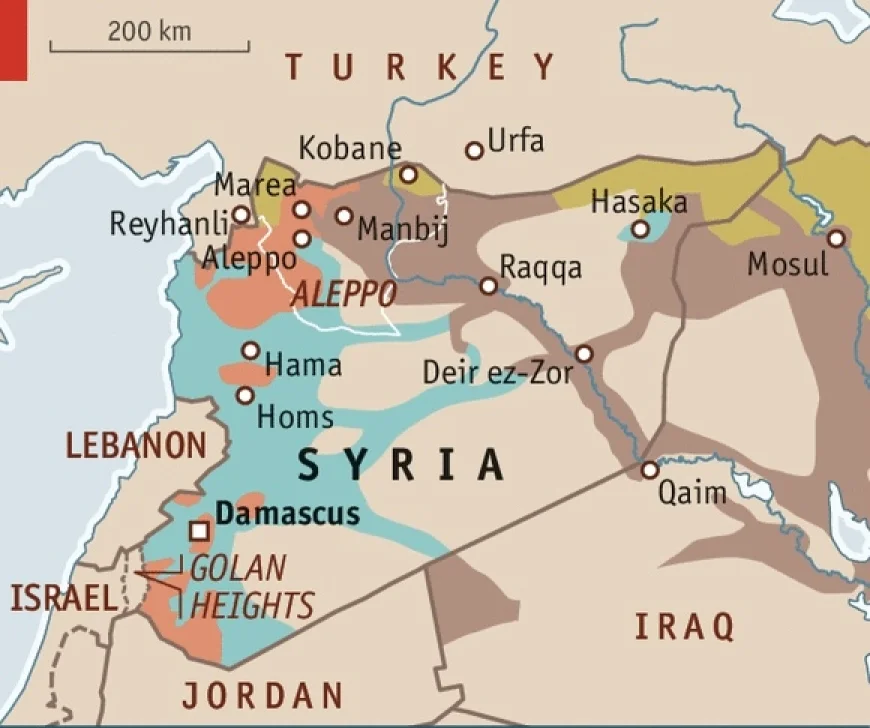
 Like
0
Like
0
 Dislike
0
Dislike
0
 Love
0
Love
0
 Funny
0
Funny
0
 Angry
0
Angry
0
 Sad
0
Sad
0
 Wow
0
Wow
0
